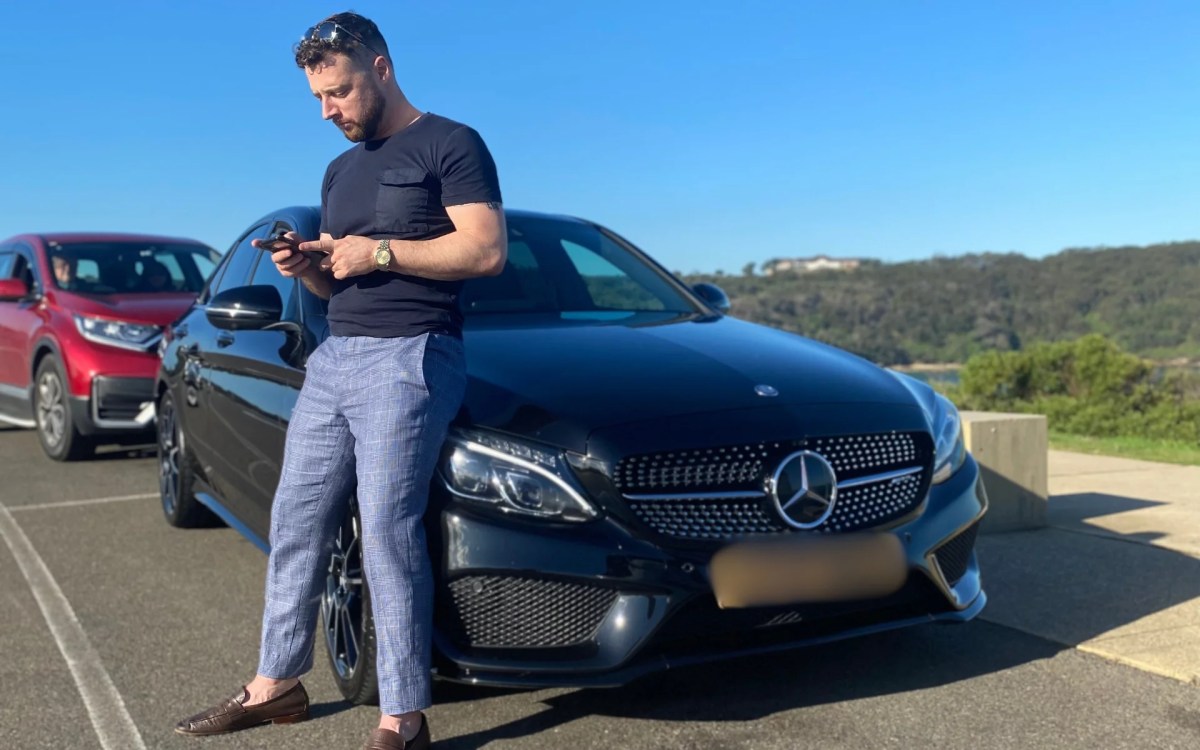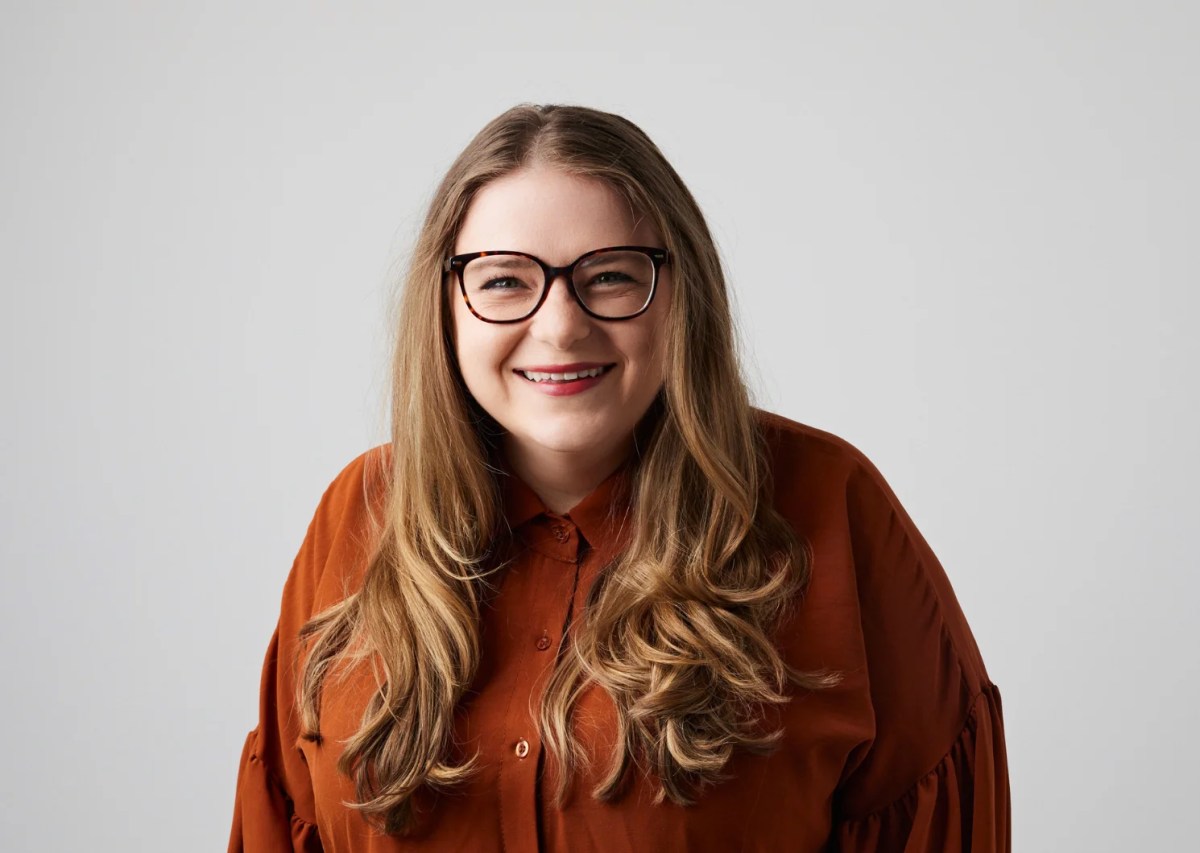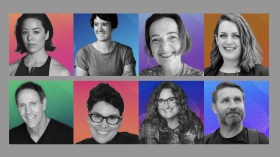In this article:
It is estimated the average person spends about a third of their life at work. With so much of our time spent working, it seems only natural to consider what work contributes to our lives more broadly.
This has always been the case for consultant-cum-comedian Kurt Sterling, who says, “I’ve never done a job in my entire life. What I mean by that is I’ve never done something just for money.
“Even when I worked for KFC when I was 14, I wasn’t doing it for $5.45 an hour, because if I was, I would have walked away immediately. I was doing it because I knew I wanted it on my CV and it would help me get something better in the future.”
For writer and comedian Bec Melrose, it’s also never just been about the money, but rather the experiences and relationships she has created at work.
“I want to go to work, I want to feel good and I like being able to make the people around me feel good. I’ve certainly never been in anything where the conditions and the pay have been so superb that it’s been difficult to move on.
“But everything has been about the team and the experience.”
What these two comedians have in common is their late arrival to their creative practices. Both left corporate careers to launch their professional comedy careers in the last two to three years.
Their stories shed light on relationships to work, what motivates people to work and why coming to the arts later in life can be a strength.
It is about more than just money
When you work in an underpaid sector, such as the arts, it is expected you are driven by more than material gain. But for Sterling and Melrose, their relationship to work has always been about much more than the transaction of labour for money.
“Even when I was doing my corporate job, it was because I thought it would lead to something in the future,” Sterling explains.
“It’s the same thing with comedy. Yes, I want to get paid, but I’m doing it because I believe it’s building towards something.”
In 2020 when the pandemic turned the world upside down, Sterling went from travelling around the world, living in places such as France, Singapore and Saudi Arabia, to being stuck in Australia, alone and behind a computer screen for 16 hours a day.
For the 12 years he worked in management consulting, he lived overseas, working with different people every day, and receiving job offers for $500,000 a year. All of this came crashing to a halt when the pandemic hit.

“The salary in Australia is a lot lower and the tax is a lot higher, so suddenly you’re doing the same job for 40% of the pay and then travel is not there.
“I had a marriage breakdown… I blame the job a little bit for ending up in that situation.”
It was also during this time Sterling was up for becoming a partner at his firm. He had reached a fork in the road in his working life.
“I just could not find the motivation… I looked at the people who were partners and I thought ‘I do not want to be these people’.
“I basically just hit the stop button and said, ‘OK, I’m going to take six months’.”
Sterling took a hiatus from working, sustaining himself on savings and started throwing himself into new experiences, from salsa dancing to boxing, and even stand-up comedy.
Towards the end of his six months Sterling realised he couldn’t go back to how things had been before; he’d found a new direction to build towards and it was towards a life in comedy.
“Comedy was a conscious decision, a very calculated decision,” he says. “I sat down and thought, ‘I want to do something, but I don’t want to start from absolute zero’.
“I thought as if I was advising a company that wants to go into a new industry. I thought of three things that I have: one, I have a lot of stories; two, is I’m very comfortable speaking in front of people, because I’d done it for 12 years in my job; and three, is because of the maths stuff. I’m good at learning formulas and seeing patterns.
“The only thing I could think of that fits those three things was stand-up comedy.”
He went back to consulting part-time and started doing stand-up comedy the other half of his time. Earlier this year when his firm asked if he was coming back full-time, he said ‘thank you but no’.
“Now I’m basically trying to do comedy full-time, living off the very small amount of money that one earns from comedy.
“It’s now a race between my savings and how quickly I start to earn money, which runs out first.”
Making calculated decisions
Melrose reached a similar fork in the road in 2021, but it was not due to burnout in her corporate life; she thoroughly enjoyed her role at Starlight Children’s Foundation.
“I was starting to get TV contracts, and they often go for two or three months. I managed a team [at Starlight] and the second time I was offered a three-month contract was maybe a month after I’d come back from a previous contract.
“I started to think, ‘This is where my passion is, this is where I want to move into and it’s just not fair on my team to constantly be moving around’,” she says.
Melrose made the difficult decision to leave Starlight and moved into working full-time in the arts as a TV writer and stand-up comedian.
She stresses, however, the idea of being a full-time stand-up comedian is not a narrative she wishes to promote. “It’s hard to survive off stand-up comedy alone. It’s also good to have something outside of comedy, because otherwise that’s how you end up with material just about airports, because you’re just not having any life experience.
“I think that’s important too. As much as it’s important to pay rent, you’ve also got to live a life.”
Timing is everything
Having work experience outside the bubble of the arts can be a strength. As Sterling puts it, previous success often means you understand how you make your own successes.
“People who have succeeded in anything else before have such an advantage in comedy, because this scene and the grind of it can really destroy your confidence.
“If you’re going to open mics five nights a week you’re not feeling like a winner.
“If you’ve never succeeded before you don’t have the expectation of success, or you don’t have the understanding you need to actually create your own success.”
Having succeeded previously also means you understand failure is a natural part of the process.
He says it’s important to understand that “things going badly – like having a bad open mic – is part of the process. Rather than thinking, ‘Oh, I didn’t do well at this open mic, therefore I’m bad, I should stop or won’t succeed’.”
Melrose says she wouldn’t change a thing about her colourful CV, having worked in multiple industries prior to working in corporate roles in the non-profit sector.
Read: Prison really is a laughing matter for this stand-up comedian
She has worked in convenience stores, run kids’ parties at a converted meat warehouse, and worked as a pharmacy assistant, at a weight loss clinic and for a state minister in his electorate office. She’s been an exam invigilator and worked at a nursery, a massage parlour and a baby supplies warehouse.
“It’s all been about the team and the experience, and I’ve learned so much working in different industries as well; I wouldn’t swap it.”
You can catch Kurt Sterling and Bec Melrose at Sydney Fringe Festival this September.






